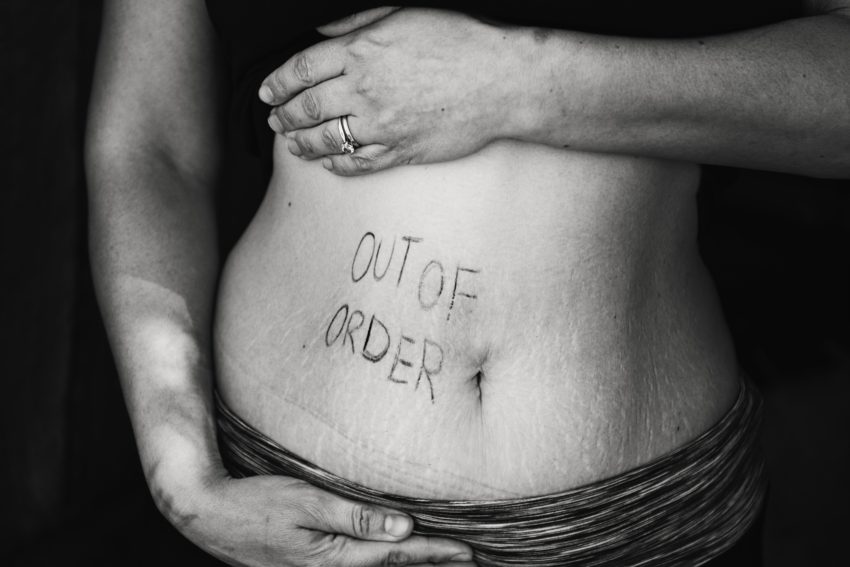 Sometimes antibiotics are necessary. For example: if you have surgery, you have a positive strep throat culture, there is bacteria in your urine, and there are plenty of other examples. Antibiotics can be life saving but they are not without side effects.
Sometimes antibiotics are necessary. For example: if you have surgery, you have a positive strep throat culture, there is bacteria in your urine, and there are plenty of other examples. Antibiotics can be life saving but they are not without side effects.
Here is the problem: antibiotics not only kill the bacteria that is causing disease, but also kill some of the normal bacteria that live in your gut. These bacteria are essential to proper function of the digestive system, immune system, the brain, the skin and more.
Probiotics are important in restoring the balance of beneficial bacteria in the gut, which can be disrupted by antibiotics. Here are some of the key points to consider when using probiotics after taking antibiotics:
- Timing is essential: it is a good idea to wait a few hours after taking antibiotics before consuming probiotics. This helps ensure that the antibiotics do not immediately kill the probiotic bacteria.
- Choose the right probiotic: there are many different strains of probiotic bacteria. Lactobacillus and Bifidobacterium species are commonly used for post-antibiotic recovery.
- Probiotic rich foods are a good choice in addition to supplements. Examples include yogurt with live and active cultures, kefir, sauerkraut (the refrigerated kind, not the canned kind), kimchi and kombucha.
- Prebiotics: Prebiotics are non-digestible compounds found in certain foods (like fiber) that promote the growth of beneficial bacteria in the gut. Combining prebiotics with probiotics can enhance their effectiveness.
- Keep taking probiotics for a month or two after antibiotics to help maintain a healthy gut microbiome.
- Monitor your body’s response. Some people may experience gas, and/or bloating with probiotics, especially at the start. Most often these symptoms subside as the body adjusts.
If you have questions about healing your gut after antibiotics, make an appointment, we would be glad to help.
Take care.
Dr. Ann


